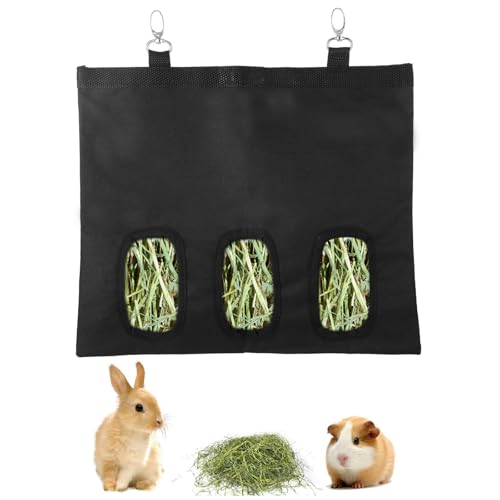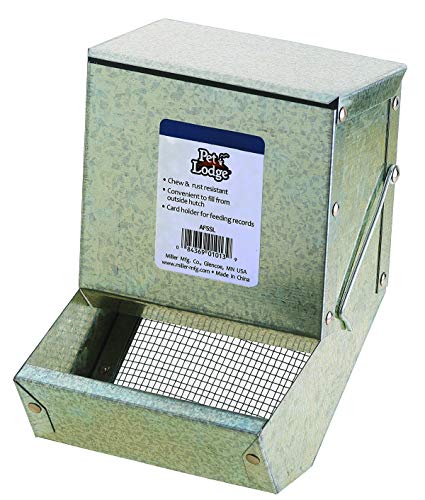Hello again, I have learned a lot from all of you, wanted to say thanks. The past week I have lost 3 8 week old rabbits, last week I came out to check on them and I noticed one of them that was very lethargic and secluded I tried to get it to pep up, but the next morning it was gone. Then today I was out there and 2 of them were laying sprawled out on the cage floor, I thought they were already gone but when I moved them they started urinating. The one was screeching and the other one was spasming or something. It seemed like they couldn't move. They would not eat or drink.
I guess I have 2 questions.
1. What do you think is going on?
B. Is there any last minute treatment I can try when stuff like this happens?
Thanks
I guess I have 2 questions.
1. What do you think is going on?
B. Is there any last minute treatment I can try when stuff like this happens?
Thanks



























![FHQHTH Faux Rabbit Fur Purse Fuzzy Handbags for Women Evening Handbags Al alloy Shoulder Strap [Rabbit Red]](https://m.media-amazon.com/images/I/41l5Hd2qrhL._SL500_.jpg)




